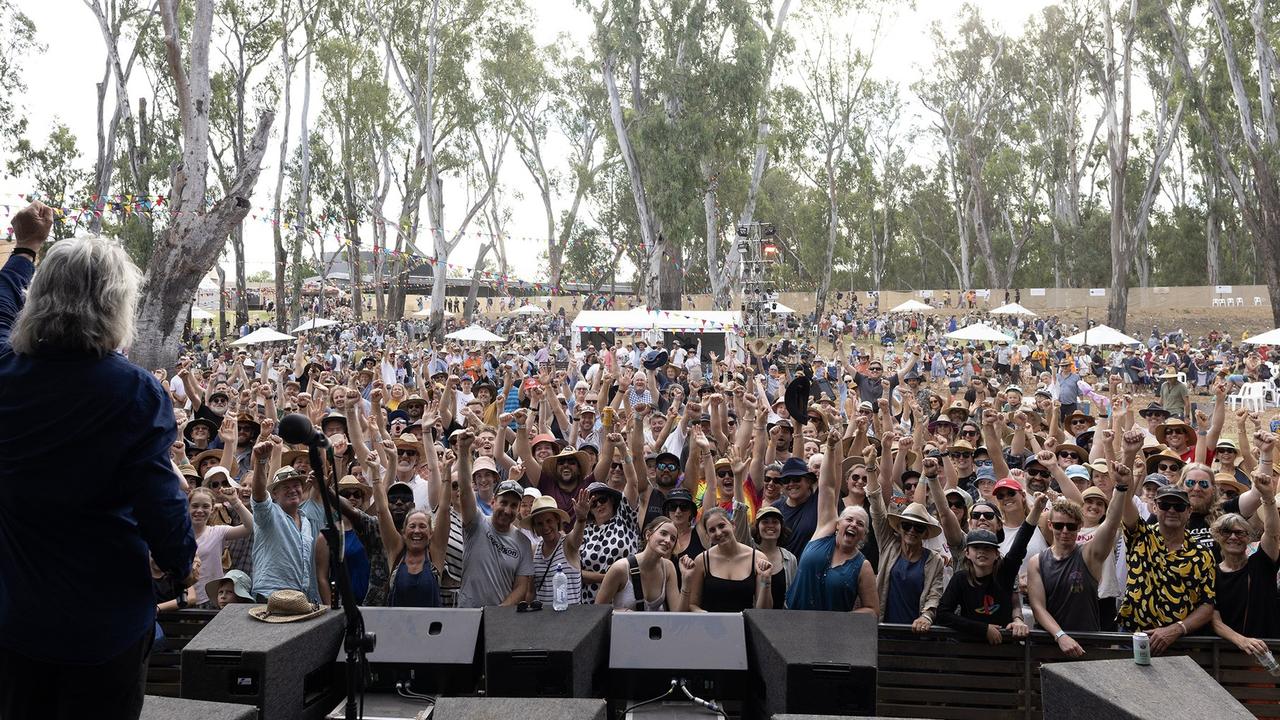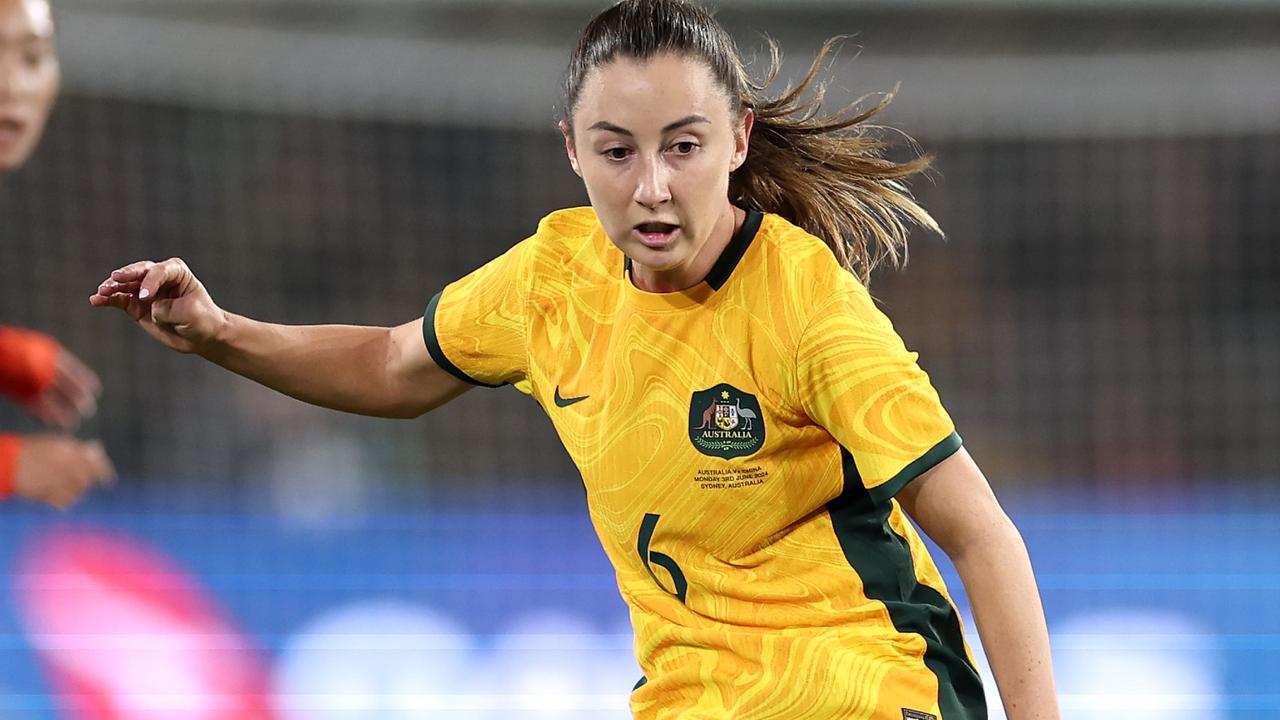Australian scientists discover potential brain cancer treatment
Australian scientists have discovered a new drug that could help treat the most devastating deadly forms of brain cancer.
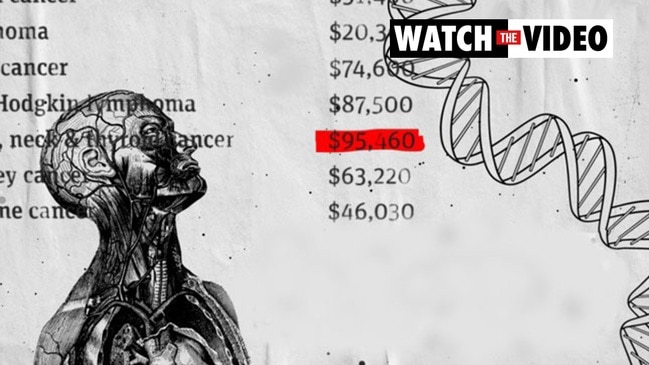
Scientists at Monash University have offered a glimmer of hope to brain cancer sufferers after discovering a drug that could lead to a potential treatment for the deadly disease – including one of its most aggressive forms.
Researchers claim the drug could be even more effective than conventional chemotherapy temozolomide.
As part of the study, academics collected human glioblastoma cells and tumour samples from patients at The Alfred and Royal Melbourne Hospital.
They found a drug, known as AZ10606120, could inhibit a particular protein called P2X7R that enhances tumour growth.
Gliomas are the most common forms of brain cancers, accounting for 80 per cent of all brain tumours.
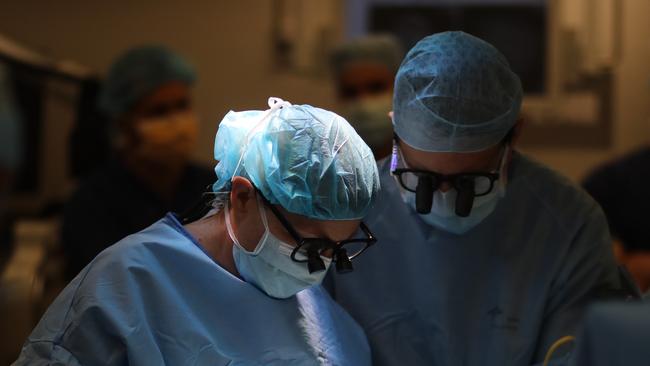
Glioblastoma is the most aggressive form and is estimated to cause 250,000 deaths globally each year, with patients only surviving an average of 14 to 15 months after their diagnosis.
Surgery, radiotherapy and chemotherapy are the only treatment options for the disease and are only believed to prolong a patient’s life by months.
Despite advancements in treatment, the prognosis for glioblastoma patients remains bleak.
While there have been scientific breakthroughs in treatments for other types of cancer, scientists at Monash said there had been “no significant improvements” in therapies for glioblastoma in more than a decade.
But they believe the results of this study will provide hope for people who are given this heartbreaking diagnosis.
The study was published in Purinergic Signalling and led by neurologist Dr Mastura Montif from Monash University’s Department of Neuroscience.
“This is very exciting as it brings promise to the potential of this compound AZ10606120 in the treatment of glioblastoma and sheds further light on the role of the protein P2X7R in these tumours,” she said.
Dr Montif said the next step was to conduct testing on animal models, which will hopefully lead to human clinical trials.
“Seeing patients diagnosed with this lethal and life changing disease, and most of them being young and their whole life ahead of them, is the reason why I continue to pursue research on glioblastoma,” she said.
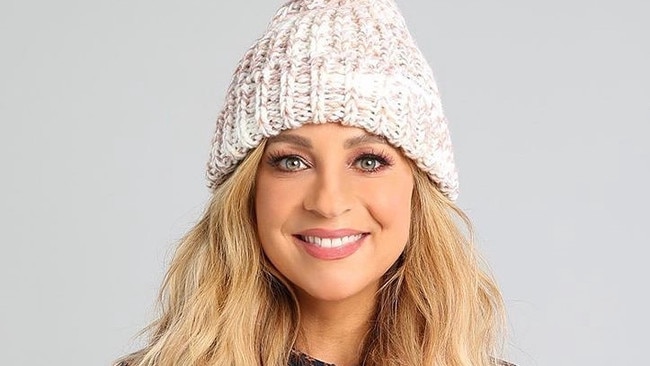
“As a clinician and a researcher I feel like we need to do more, and we need to act urgently to prevent more lives being affected.”
Brain cancer claims the life of 1500 Australians every year and patients have just a 22 per cent chance of surviving for five years after their diagnosis.
In June this year, The Project host Carrie Bickmore said her popular brain cancer beanies sold out online.
She told the panel the dedicated beanies had helped raise more than $3.5 million for her foundation, Beanies for Brain Cancer.
The TV host opened up about her personal battle with the disease, which lead to the death of her husband and father of her son Oliver, Greg Lange, in 2010.

